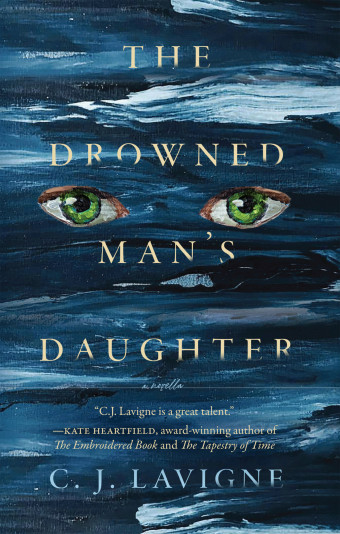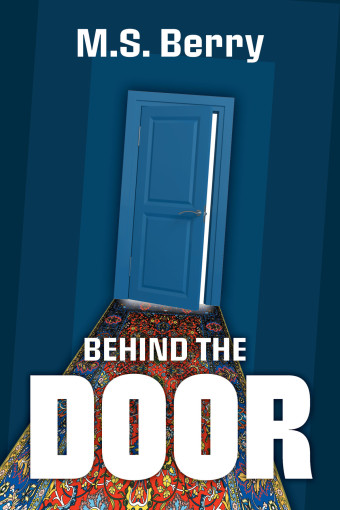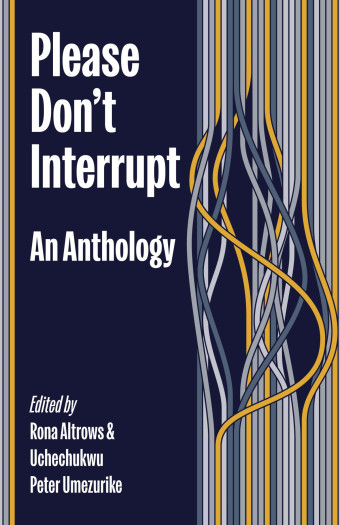Readers will not resist being carried away by the fatalistic trajectory of young refugee Adolphe Moumpala’s life in Pierre Minkala-Ntadi’s new novel, Du rêve parisien au froid des prairies.
After street fashion shows and botched entrepreneurial adventures, Adolphe is adopted into a refugee camp where scatological odours reign, eventually ending up in an English class and a succession of manual jobs in the uncompromising Winnipeg winter.

- Du rêve parisien au froid des Prairies
- Pierre Minkala-Ntadi
- Les Éditions de la nouvelle plume
- $20.00 paperback, 176 pages
- ISBN: 978-2-925329-06-0
The terrible secrets he carries make him sway between his biological family and his adoptive family, which reflect the symbolic links he maintains with, and by extension, his dreams for life in Brazzaville (in the Republic of Congo), Paris (France), and Winnipeg, Manitoba.
“I wanted a character who was an anti-hero, that is to say an incompetent, to show that it is almost impossible to succeed in social life when you deviate from socially established norms, such as those which govern education – on its many levels – and the labour market,” says Minkala-Ntadi.
The Université de Saint-Boniface professor endeavoured to share, by constructing a pure fiction, his thoughts on the challenges faced by immigrants in Canada.
“I observed that many newcomers, particularly those who arrived in Manitoba as refugees, provincial nominees, or family-sponsored, found themselves, at some point during their stay, in a state of disillusionment with regards to their expectations.”
The character suffers the full weight of his own shame, rooted in his perception of how others view him. He is mirrored by two other Adolphes: the lost son of his adoptive father who becomes a violent ghost for Moumpala, and Mimpala, a new friend and compatriot he meets in Canada.

These figures become springboards for rich introspection, which leads him to gradually reveal a web of memories throughout the novel. The forays into the world of SAPE (the Society of Ambiance and People of Elegance, a Congolese cultural clothing phenomenon), the satirical critiques of political systems, and the social dynamics in the refugee camp all contribute to an intricate plot.
The story comes to a startling head that leaves the rest of Adolphe’s destiny up in the air while reinforcing Minkala-Ntadi’s social message on the potential of education and training as determining factors of one’s integration into a new community.
“Either one accepts being shaped by the social system through the education of which one becomes the product, and one succeeds in one’s social life,” he says, “or one refuses to comply, and is a failure.
“Above all, one is the fruit of one’s education.”













